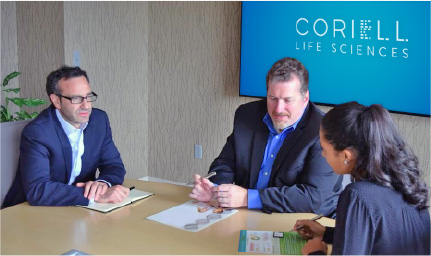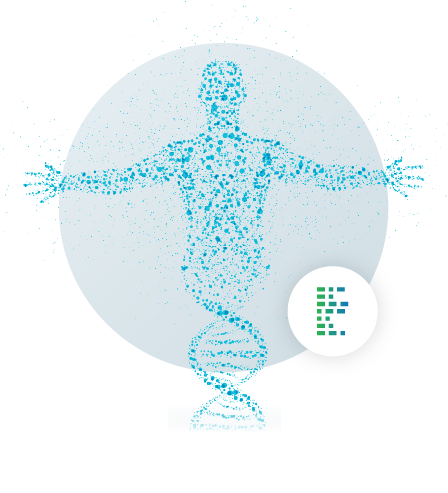
Learn About Our Precision Medicine Company
We believe there’s Power In KnowingTM, and we deliver on that promise every day. We’re a precision medicine company that’s using genetic science and research in new ways—to improve lives, reduce healthcare costs, and simplify decision-making for our customers. In short, we are setting new boundaries for a healthier world.
We deliver the Power In KnowingTM by working with large employers, health plans, public and private payer organizations, health systems, academic institutions, and laboratories to deliver paths to better health and more efficient care worldwide using pharmacogenomics services (the study of how genes affect an individual’s response to medication) and precision medicine (tailored diagnosis and treatment plan specific to each patient).
Trust The Science
Pharmacogenomics holds the promise to ensure individuals are only taking medications that work for them. Did you know:
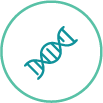
Genes can influence a person’s response to medications

The safety and efficacy of over 200 prescription medications are known to be affected by a person’s genes
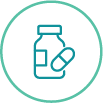
On average, people aged 45 and older take four prescription medications daily

People 65-69 years old take an average of 14 prescriptions per year
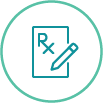
About one-fifth of prescriptions given to elderly patients are inappropriate

Adverse drug reactions are responsible for 32,000 hip fractures per year and 28% of re-hospitalizations
Innovation Showcase
Our pharmacogenomic services offer precise medical care to ensure a healthier world.
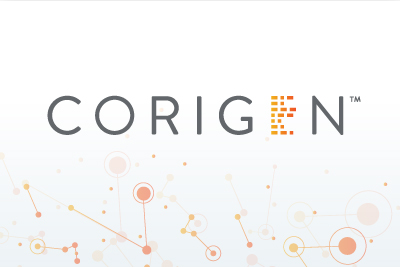
Corigen®
Our population-scale Medication Safety Program works to eliminate trial-and-error prescribing, improve medication efficacy through DNA testing and reduce overall healthcare costs. Partnering with customers, we provide actionable solutions informed by genetic knowledge to improve the lives of program participants.

Research Analysis
Our precision medicine company leads the way in research analysis of women’s health, urinary tract infections (UTI), respiratory pathogen panel (RPP) testing, fungal testing, soft tissue wound healing (STWH), and more through genetic testing.
Learn More About Coriell Life Sciences’ Research Analysis
Latest News
Access media, information, and peer-reviewed articles for Coriell Life Sciences.
-
Read More about Driving Precision Medicine as the New Standard of CarePosted on March 14, 2023Driving Precision Medicine as the New Standard of CareCoriell Life Sciences is exploring new horizons for a healthier world and is driving a…Read More about Driving Precision Medicine as the New Standard of Care
-
Read More about New Research Finds Precision Medicine Has Reached a Global Tipping Point for AdoptionPosted on January 18, 2023New Research Finds Precision Medicine Has Reached a Global Tipping Point for AdoptionLife science leaders say the time is finally right for healthcare systems, employers, and governments…Read More about New Research Finds Precision Medicine Has Reached a Global Tipping Point for Adoption
-
Read More about 2023 PharmaVoice Year in Preview Featuring Coriell Life SciencesPosted on January 4, 20232023 PharmaVoice Year in Preview Featuring Coriell Life SciencesWhat’s in store for 2023? Our President & CEO, ScottMegill weighs in on how smarter…Read More about 2023 PharmaVoice Year in Preview Featuring Coriell Life Sciences
Memberships, Affiliations, and Partnerships
We’re proud to stand with these fellow champions, meeting today’s challenges and inventing tomorrow’s solutions. Partnering with the healthcare community, CLS uses the best scientific research in new ways to deliver results and build profitable growth for our partners including:
-
 Thermo Fisher Scientific Go to Thermo Fisher Scientific website.
Thermo Fisher Scientific Go to Thermo Fisher Scientific website.
-
 ARUP Go to ARUP website.
ARUP Go to ARUP website. -
 KPMG Go to KPMG website.
KPMG Go to KPMG website. -
 Quest Healthcare Go to Quest Healthcare website.
Quest Healthcare Go to Quest Healthcare website. -
 SALGBA Go to SALGBA website.
SALGBA Go to SALGBA website.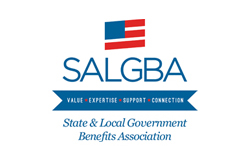
-
 TRS Go to TRS website.
TRS Go to TRS website. -
 Intermountain Healthcare Go to Intermountain Healthcare website.
Intermountain Healthcare Go to Intermountain Healthcare website. -
 Ascension Go to Ascension website.
Ascension Go to Ascension website.
Join Our Team! Are you looking for an opportunity to empower your future while transforming health, well-being, and improving the overall standard of care? As an industry first-mover and innovator, we’re committed to impacting lives for the better. If you share our beliefs, meet our team members to get a better idea of what it’s like to work at Coriell Life Sciences. Together, we’ll empower a healthier world through genetic science.
